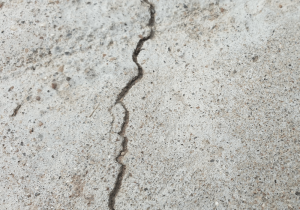When looking to buy a new home, one of the most important steps in the process is getting a home inspection. A home inspection allows you to identify potential issues that could cost you a small fortune in repairs later on. While not every issue may be a deal-breaker, some issues can be costly and dangerous if left unaddressed. In this post, we will highlight five potential deal breakers to look out for during a home inspection.
Foundation issues
 Foundation issues can be a serious problem when buying a home. Cracks in the foundation could indicate that there is a structural issue causing the foundation to sink or settle. This can lead to further structural damage, including cracks in the walls, windows that won’t close properly, and doors that stick. Additionally, foundation issues could be a safety hazard and could impact the integrity of the entire home.
Foundation issues can be a serious problem when buying a home. Cracks in the foundation could indicate that there is a structural issue causing the foundation to sink or settle. This can lead to further structural damage, including cracks in the walls, windows that won’t close properly, and doors that stick. Additionally, foundation issues could be a safety hazard and could impact the integrity of the entire home.
Electrical issues
If your home inspection identifies electrical issues, it could be a deal breaker. Faulty wiring or outdated electrical systems could be a fire hazard and could put your family’s safety in jeopardy. Additionally, fixing electrical issues can be expensive, making it important to identify these issues before closing the deal.
Roofing problems
Problems with the roof can cause significant damage to the interior of the home. Leaks in the roof can damage insulation, drywall or even lead to mold growth. When identifying roofing problems during a home inspection, consider both the age of the roof and any visible signs of damage.
Plumbing problems
 Plumbing problems can range from small issues like leaky faucets to more significant problems like burst water pipes or sewage backups. During a home inspection, pay attention to water pressure, drainage, and any signs of water damage. Plumbing issues can be expensive to fix, so it’s essential to identify them early on.
Plumbing problems can range from small issues like leaky faucets to more significant problems like burst water pipes or sewage backups. During a home inspection, pay attention to water pressure, drainage, and any signs of water damage. Plumbing issues can be expensive to fix, so it’s essential to identify them early on.
Structural damage
Structural damage is a severe issue that could lead to the collapse of the house under specific conditions. During a home inspection, look for signs of sagging or sloping floors, cracks in the walls and ceilings, or doors and windows that don’t open and close correctly. An experienced home inspector will be able to identify any potential structural damage and give you advice on next steps.
Buying a home is an exciting experience, but it’s essential to ensure that you’re making a smart investment. During the home inspection process, it’s important to be diligent in identifying any potential deal breakers that could cost you a considerable amount of money down the line. By keeping these five potential deal-breakers in mind during the inspection process, you’ll be one step closer to making a safe home-buying decision.

